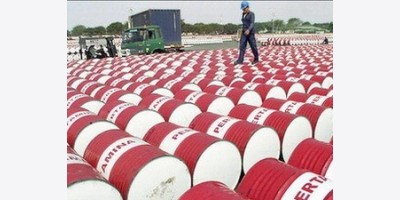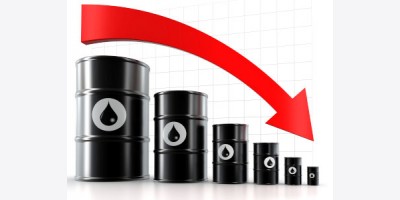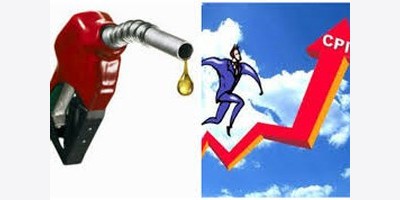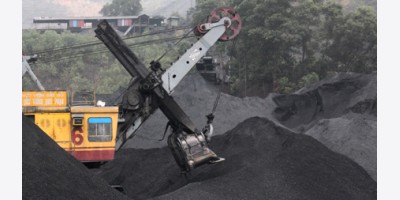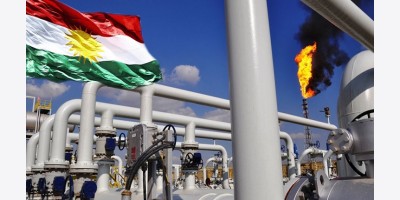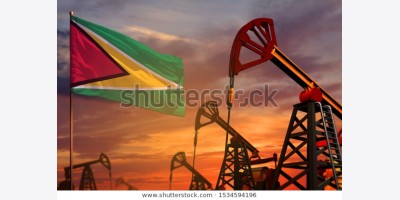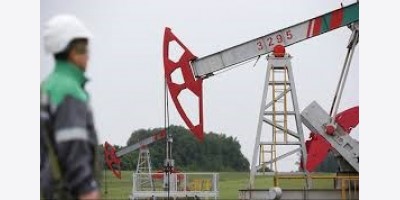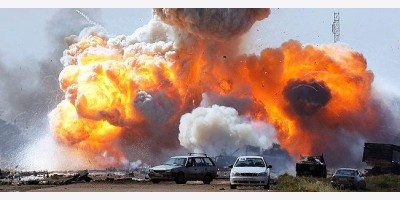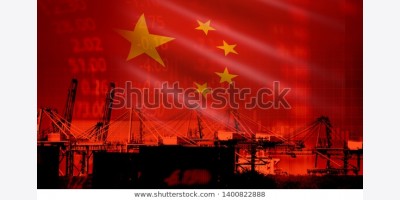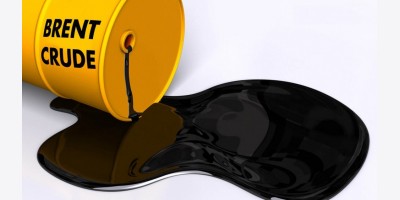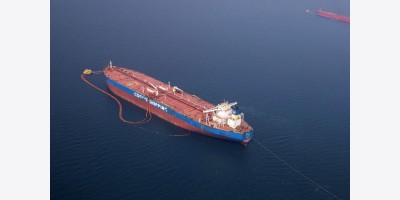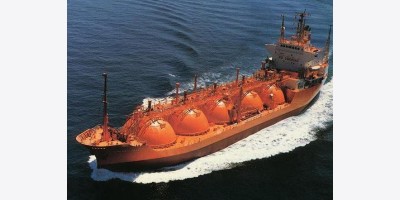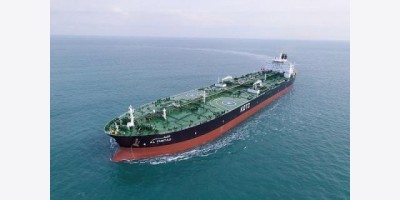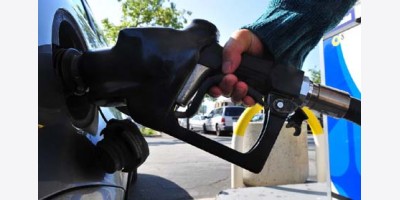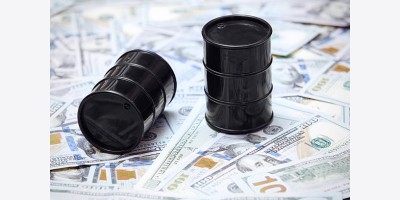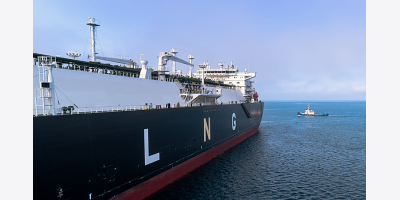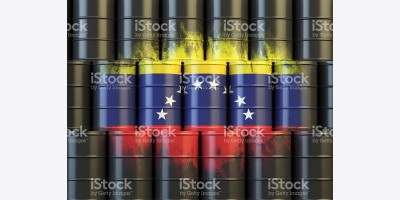Plunging oil prices have left many crude-exporting countries with budgets that simply won't balance.
For many of the biggest producers — places like Saudi Arabia, Venezuela and Algeria — oil accounts for the majority of the country's exports and gross domestic product. Collapsing prices have meant dramatic declines in government revenue at a time when many political leaders are working to maintain social stability through liberal spending.
Saudi Arabia, the most influential of OPEC's 12 member countries, needs oil at $106 a barrel in order to break even after the costs of its generous welfare programs and energy subsidies. Oil has been around $45 a barrel, and futures contracts don't put it much higher over the next few years.
The vast assets that the kingdom socked away during better times will allow it to withstand a government deficit of greater than $100 billion for several years. But poorer countries have been forced to dramatically cut programs and still have massive projected shortfalls.
Those financial and political concerns will not only influence the production decisions OPEC announces at its much-anticipated policy meeting Friday, but will also determine whether individual countries opt to fall in line with the cartel's "recommended" production guidelines.
Saudi Arabia is generally considered OPEC's leader and enforcer. It controls massive reserves and market share that allow it to either draw back to balance overproduction in other countries or surpass its own quota to punish other countries that cheat the OPEC allotment system.
But the kingdom seems to have little room to maneuver in today's low-price environment. Rather than balancing the market by reducing output at the end of 2014, Saudi Arabia led the effort to keep production steady going into 2015.
Given the country's high dependence on oil, cash shortages at home, and ample spare capacity, Saudi Arabia does not appear eager to reverse course and cut its market share in an effort to boost prices — especially if those cuts would just be replaced by additional production from somewhere else.
Other wealthy Persian Gulf states like the United Arab Emirates and Qatar are in even better financial shape. According to IMF forecasts, the balance of assets to debt in those countries will barely be harmed in the next five years. Qatar only needs $56 a barrel in order to break even and is expected to run a fiscal surplus this year.
But others, like Venezuela, Angola and Algeria, are in more dire financial straits. Fuel products make up 98 percent of all exports from Venezuela, which has the largest oil reserves in the world. The low prices are a serious blow to a country that is already dealing with fiscal mismanagement and runaway inflation.
Venezuela's latest budget more than doubles expenditures in 2016, widening a deficit that already stood at about 30 percent of GDP in 2014. It has Chinese debts to pay, a weakening credit rating and dwindling cash reserves.
Unlike Saudi Arabia, Venezuela's large oil reserves can't be rapidly exploited for production increases, so its only hope for increasing oil revenue is controlling supply. It has historically pushed for stricter OPEC quotas and cooperation with non-OPEC producers.
| | | | | |
| Algeria | $96.10 | -13.90% | 1.11 | 2.63% |
| Angola | $110.00 | -3.50% | 1.79 | 2.22% |
| Ecuador | n/a | -5.10% | 0.53 | 5.26% |
| Iran | $87.20 | -2.90% | 2.88 | 20.83% |
| Iraq | $81.00 | -23.10% | 4.2 | 6.94% |
| Kuwait | $49.10 | 1.20% | 2.73 | 1.42% |
| Libya | $269.00 | -79.10% | 0.43 | 20.00% |
| Nigeria | $122.70 | -2.80% | 1.9 | 6.77% |
| Qatar | $55.50 | 4.50% | 0.67 | 5.71% |
| Saudi Arabia | $105.60 | -21.60% | 10.25 | 17.13% |
| UAE | $72.60 | -5.50% | 2.89 | 2.04% |
| Venezuela | $117.50 | -24.40% | 2.38 | 3.21% |
Like Venezuela, Algeria is highly motivated to seek higher prices by cutting supply. The country is already operating at effective capacity and relies on fuel exports for 96 percent of its foreign income. It cut spending by 9 percent for the coming year, while maintaining the generous social benefits that helped the country avoid its own "Arab Spring" uprisings.
Angola made even deeper cuts, trimming its 2015 budget by 53 percent, with education and health programs suffering. Ecuador made more modest cuts, but has also called for tighter production quotas, along with war-torn Libya and Nigeria.
But even if OPEC opts to decrease production in an effort to bolster prices, there is no guarantee that member countries will comply. In fact, studies suggest that OPEC has little real power to hold members to their quotas. Most members cheat on quotas regularly, and they're more likely to do so when low prices cause revenue pressures at home.
While lower production benefits everyone by raising prices, the best deal for any individual member is to have everyone else lower production while they cheat the system.
CNBC




